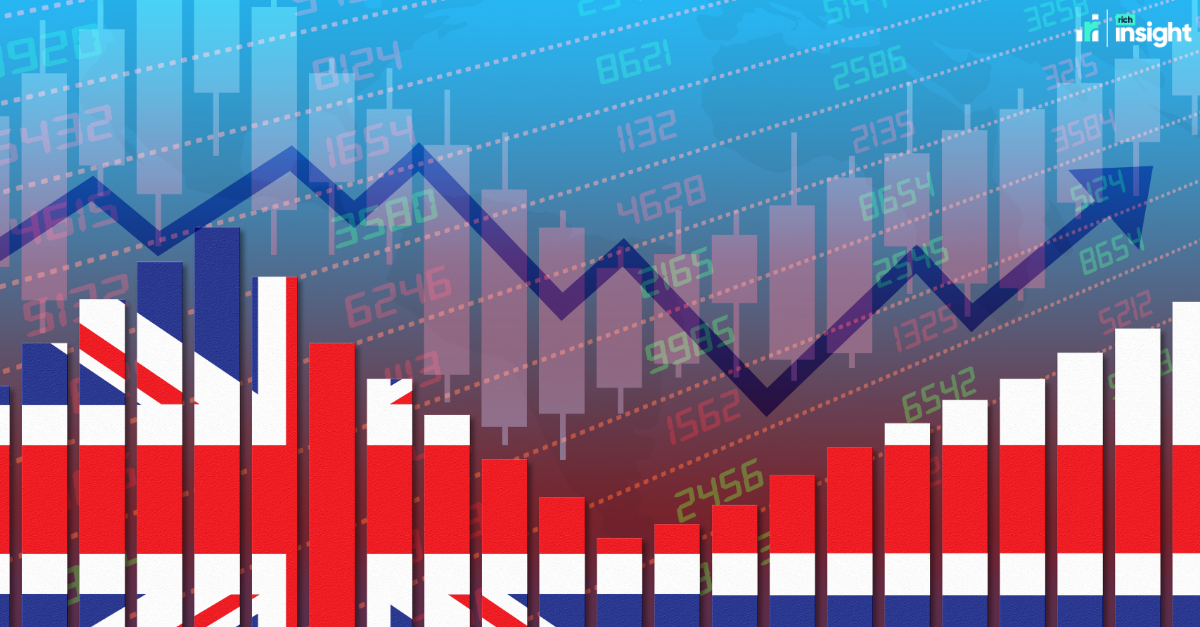Type ‘Amazon cannibalism’ into Google and online marketplace sales is unlikely to feature at the top of your search. But for those working in eCommerce, ‘Amazon cannibalism’ refers to the fear that selling on Amazon could replace sales on other sites where you make better margins, leading to less total revenue.
But what if being on Amazon actually makes you sell more products on other sites? There’s a case to be heard.
The prosecution: Amazon cannibalises other sales
Most brands that sell on Amazon also sell their products via their own sites (free of charge) and via other marketplace platforms (that might charge lower fees than Amazon). If an Amazon sale ‘substitutes’ a sale elsewhere, you make less money and suffer the effects of cannibalisation.
What’s more, Amazon’s listings could rank above your own website listings, pushing your pages further down Google search and making them harder to find for other products, while Amazon’s brand loyalty means customers are more likely to buy on Amazon over another site (especially if they are one of the 230 million Amazon Prime customers that benefit from free next day delivery).
The defence: Amazon boosts other sales
On the flip side, Amazon sales that are ‘additional’ to sales elsewhere count as incremental revenue and not as sales cannibalisation as these sales would not have happened if you weren’t selling on Amazon. Here Amazon’s huge reach, brand loyalty and Prime membership base counts in the seller's favour.
- Reach - Amazon has 310 million worldwide customers and 2.3 billion monthly site visits. This exposure expands your brand’s potential audience with Amazon acting as a funnel. For example, customers may find your product via Amazon, but then search the web for more information. If your website has a more detailed product description than Amazon (and perhaps a discount or offer for first-time orders), then customers may buy directly and build a relationship with your brand.
Credibility - Everyone knows Amazon, not everyone knows your brand. Customers know that buying on Amazon means quick deliveries and simple returns, so they may only buy your product if it’s listed on Amazon. This is especially helpful if you’re expanding into a new market, such as the US, where your brand name might have little awareness and your website lacks trust (unlike Amazon). - Publicity - 50% of product searches now start on Amazon compared to 31% for Google. If you aren’t visible on Amazon, you’re already cutting out half of your potential customers from the get-go. On the flip side, if you choose to focus ad spend on Amazon, the publicity can bring in more prospects - both for Amazon listings and on other sites.
- Conversion - Amazon has a much higher conversion rate than most e-commerce sites with the average customer buying 13% of the time rising to 75% for Prime customers. As average retailers' sites convert around 3.3%, selling on Amazon is more likely to lead to sales you wouldn’t have made otherwise.
The expert witness
Much of the debate around ‘Amazon cannibalism’ is theoretical, but Neil Patel, Founder of NPD Digital, recently launched an experiment to see if ‘being on Amazon drives more sales outside of Amazon’.
Patel tracked sales from 18 brand’s sites over the course of their first 12 months selling on Amazon. In the first six months, Amazon sales appear to encroach on website sales as although total sales were higher than before the experiment started, website sales were lower. However, in the second six months of the year both website sales and Amazon sales grew leading to a 128% rise in total sales.

The verdict?
Comparing sales across channels is an imperfect science. The reality is that some Amazon sales might substitute other site sales, but overall this doesn’t matter as selling on Amazon is likely to increase your total sales. In addition, as the largest online retailer in the world, selling on Amazon acts as both brand certification and advertising for your products - more than justifying the Amazon sales fees.
Ultimately, each case will be different, but enabling customers to buy from their preferred channel at any time - be it Amazon, another marketplace or your own site - only increases loyalty and sales.
For advice on launching on Amazon or the other 150+ online marketplaces, get in touch with marketplace experts eManaged.
-1.png)





Blog Comments